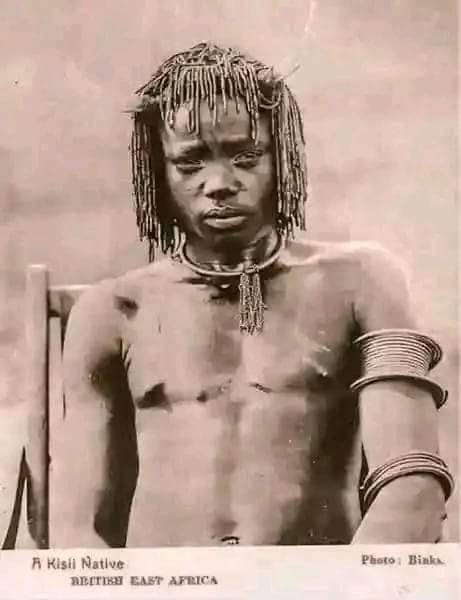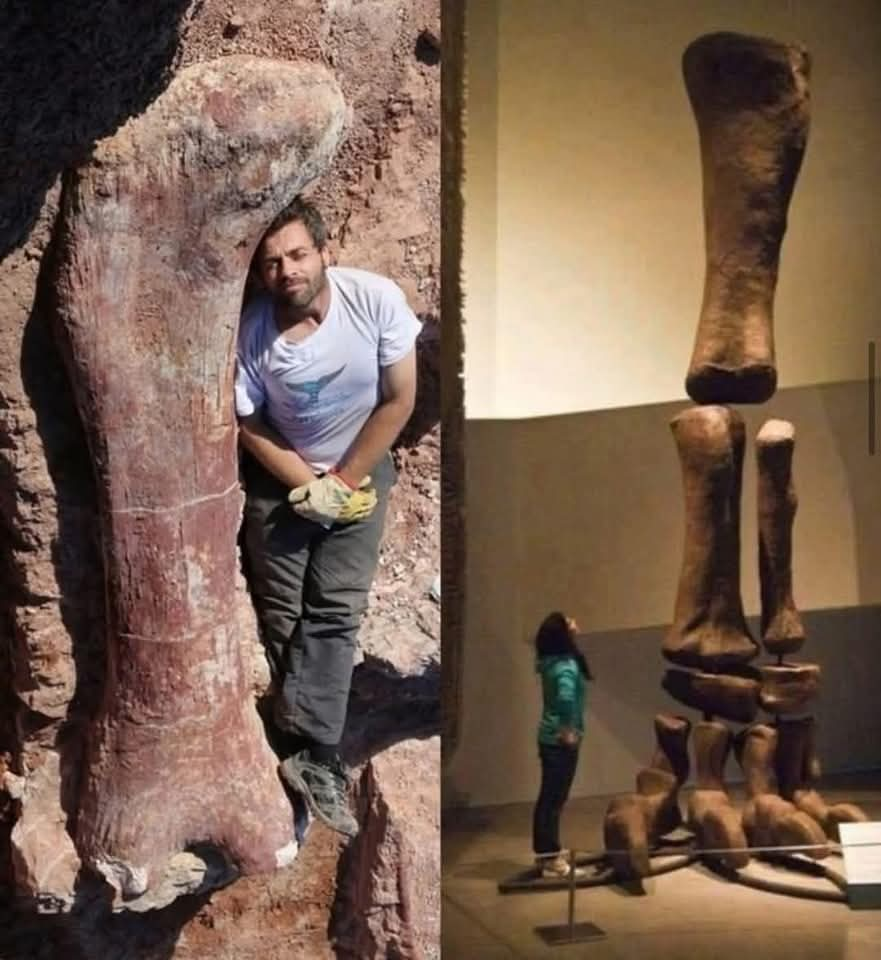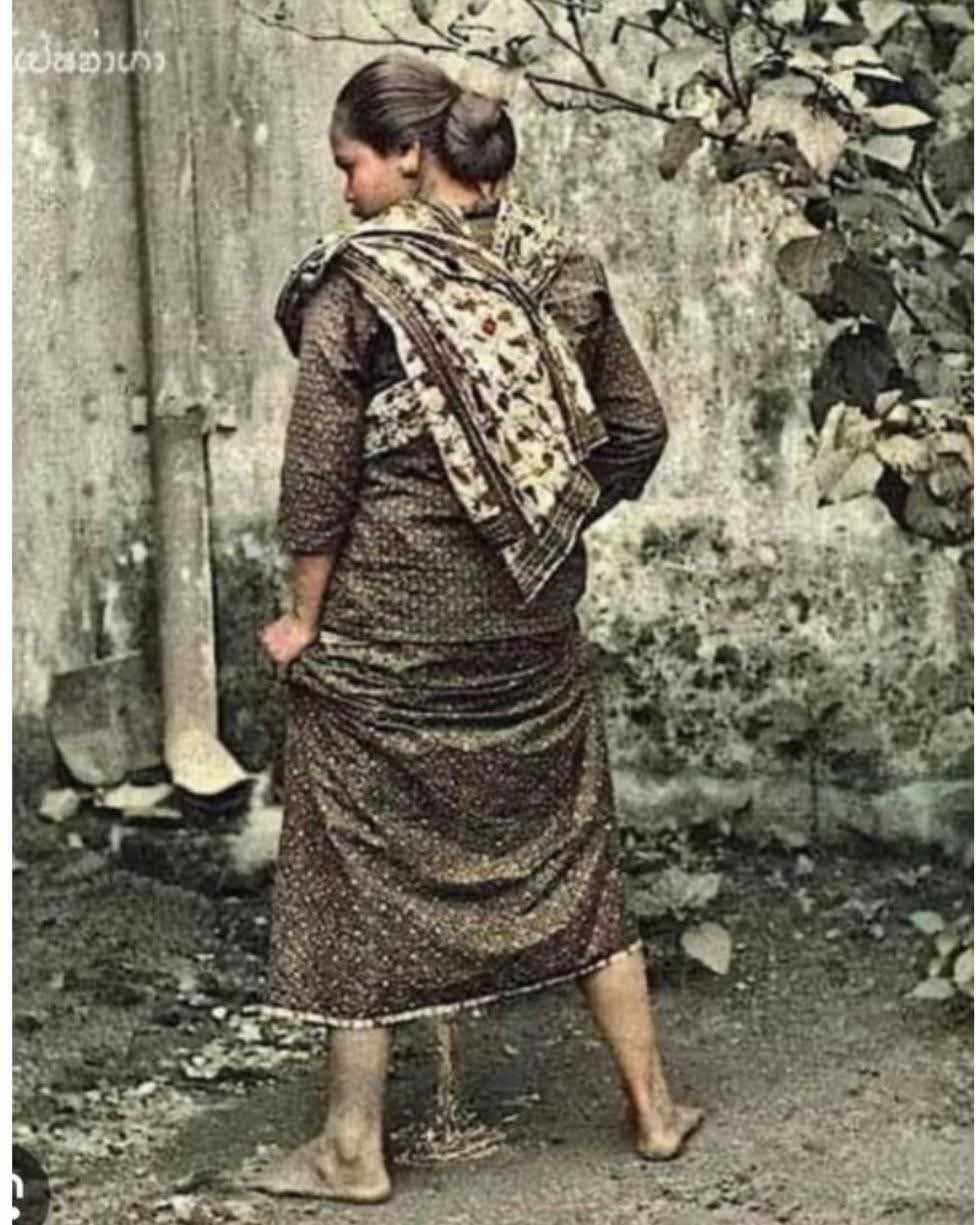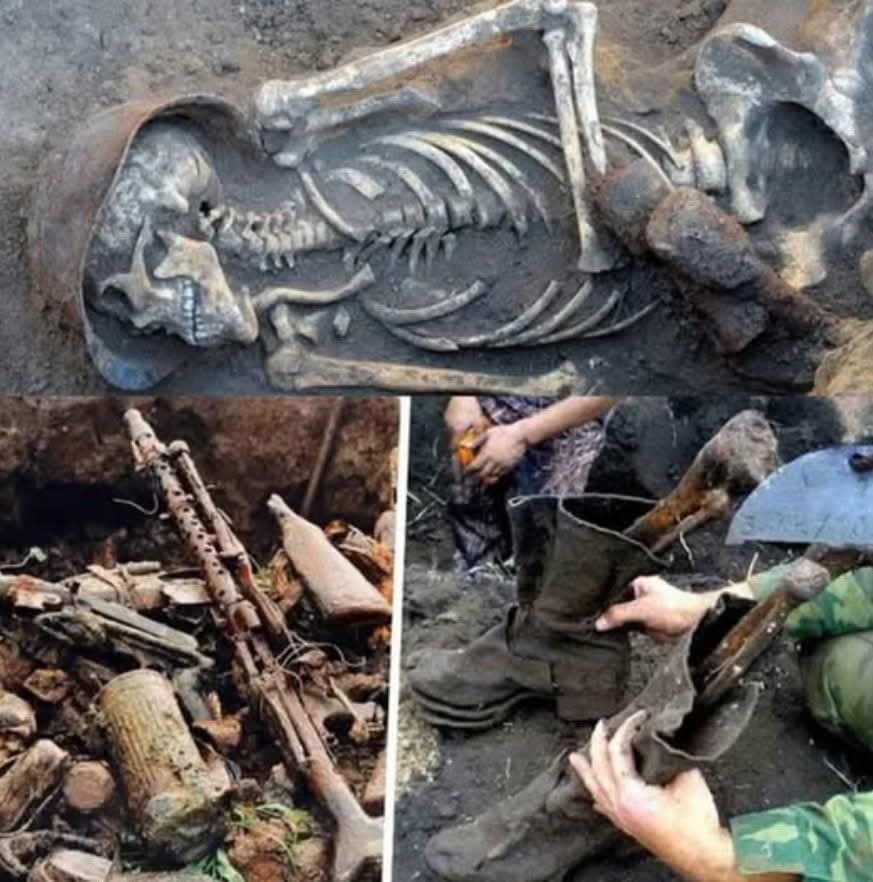Origin of the name Kisii
The term Kisii is Swahili and originates from the colonial British administration, who used it in colonial Kenya to refer to the Abagusii people, as it was much easier to pronounce. The term Kisii, however, has no meaning in the Ekegusii language. In the Swahili language, the singular form is Mkisii and the plural form is Wakisii; the Swahili name for the Ekegusii language is Kikisii. The term is now popularly used in Kenya to refer to Abagusii people.
Among the Abagusii, the name Kisii does not refer to the people, but to a town — Kisii, also called Bosongo or Getembe by the locals, is the major native urban centre of the Abagusii people. The name Bosongo is believed to have originated from Abasongo, which means “the whites” or “the place where white people settle(d))”, referring to settlers living in the town during the colonial era.
The other name used by the British in reference to Abagusii were Kosova/Kossowa which is derivative of the Ekegusii expression “Inka Sobo”, meaning their home. The endonym is Abagusii (plural), and Omogusii (singular); the language spoken by the people is Ekegusii. The term “Gusii” supposedly comes from Mogusii, the founder of the community.











Leave a Reply